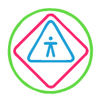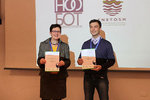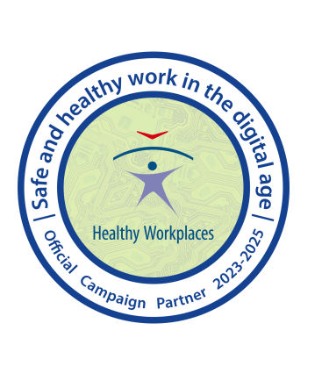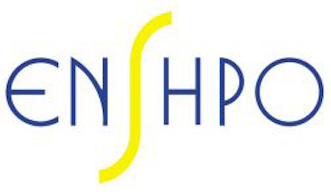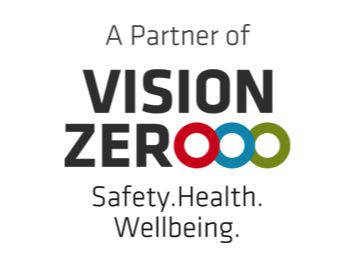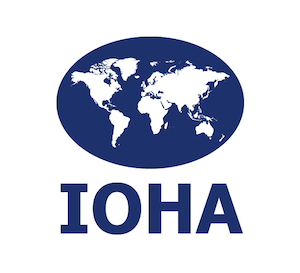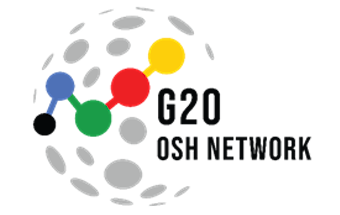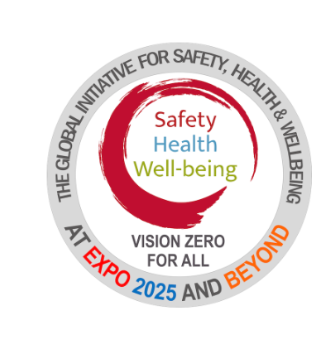University Ss. Cyril and Methodius, Medical Faculty (FYR Macedonia) and Foundation "Center for safety & health at work" (Bulgaria)
08. Nov 2012 /
We are glad to welcome two new partners to our network which now consists of 61 members from 27 countries.
The Ss. Cyril and Methodius University in Skopje is the first state University in the Republic of Macedonia, founded in 1949, initially with three faculties: the Faculty of Philosophy, the Faculty of Medicine and the Faculty of Agriculture and Forestry. At the moment, the University represents a functional community of 23 faculties, 5 research institutes and 11 accompanying members. Its activities are stipulated by the Law on Higher Education and the Statute of the University.
The Foundation "Center for Safety and Health at Work" was officially registered in 2011, but actually started its operations in 2004 with a first seminar on OSH professionals in Plovdiv. The need for the existence of a non-governmental organization to unite and support the activities of specialists in occupational safety and health initiated the creation of the TSBZR Foundation. The Foundations longs to unite and support the activities of specialists in occupational safety and health, work for the promotion of the profession "specialist health and safety at work", and more.
For more information, please take a look at the partner's pages (Macedonia or Bulgaria) here on enetosh.net. To get there, click the map on the top right of this page.
Read more … New members in our network





